Introduction
No, dogs cannot eat chocolate. Chocolate is extremely toxic to dogs, even in small amounts and in cases of accidental consumption. This is because chocolate contains components that dogs cannot properly process.
It should be noted that given the opportunity, dogs enjoy the taste of chocolate. However, chocolate and chocolate products must be kept out of the dog’s reach and never offered, as chocolate intoxication can be fatal.
Why is Chocolate Bad for Dogs?
Chocolate is directly harmful to dogs because it contains two toxic ingredients – theobromine and caffeine.
Even if we put aside the toxic ingredients, chocolate still holds some hidden dangers for dogs. Let’s take a look at the reasons chocolate is bad for dogs.

Chocolate Poisoning
Chocolate poisoning occurs because chocolate contains theobromine and caffeine. Both theobromine and caffeine belong to the same group of methylxanthines and have similar effects. Namely, theobromine and caffeine act as:
- Diuretics – promote diuresis or elimination of body fluids through urination
- Heart stimulants – increase the heart rate and stimulate it to pump more
- Blood vessel dilators – which results in lowered blood pressure
- Smooth muscle relaxants – causing accented and general muscle relaxation.
Interestingly, theobromine and caffeine have the same effects in humans. However, humans metabolize them quickly and do not leave enough time for the theobromine and caffeine’s effects to kick in.
Dogs are different – they cannot metabolize theobromine and caffeine efficiently, and the two chemicals remain in the dog’s system for long enough to trigger effects. In simpler words, compared to humans, dogs are more sensitive to theobromine and caffeine.
It is worth mentioning that not all chocolates are equally toxic to dogs. In general, darker and bitter chocolate versions are more harmful than milk and white options as they contain higher amounts of theobromine and caffeine.
For example, when it comes to theobromine concentrations, gourmet dark chocolate and baking chocolate contain between 130 and 450 mg per ounce. The typical milk chocolate contains between 44 and 58 mg per ounce, and white chocolate as little as 0.25 mg per ounce.
High Sugar Content
As you are well aware, chocolate is high in sugars. Dogs cannot process sugars, and physiologically speaking, as carnivores, they do not need them. Excess consumption of sugar leads to short and long-term consequences.
The perfect example of a short-term consequence is the hyper episode. Sugar is an energy booster and gives a hyperactivity rush. Just like kids that cannot sleep after eating chocolate, dogs go hyperactive.
As for long-term effects, sugary foods contribute to weight gain and obesity. This increases the risk of heart disease and diabetes and aggravates pre-existing diseases such as osteoarthritis.
Too Many Fats
Chocolate is also high in fats. Fats are a valuable nutrient for dogs but only in small amounts. Eating high-fat foods in large portions or too frequently can trigger an acute pancreatitis episode.
Pancreatitis is a painful and serious inflammation of the pancreas. Acute pancreatitis requires immediate veterinary attention. If left untreated, acute pancreatitis can be fatal. It can also progress and turn into chronic pancreatitis.
Eating chocolate or other high-fat foods also adds unnecessary calories and leads to weight gain and obesity. As already described, this is a risk factor for several diseases and aggravates pre-existing health issues.
Signs Your Dog Has Eaten Chocolate
What happens after chocolate ingestion depends on several factors such as type of chocolate, amount of consumed chocolate, and the dog’s body weight.
Best-case scenario, the dog will consume a small amount and go consequence-free. Worst-case scenario, it will experience chocolate poisoning. The clinical signs of chocolate poisoning in dogs are:
- Vomiting and/or diarrhea
- Increased thirst and water consumption
- Excessive urination
- Restlessness and panting
- Racing heart rate
- Muscle tremors and seizures
If you notice some of these signs in your dog, you need to seek immediate veterinary help. Keep in mind that chocolate poisoning can be fatal.

What to Do If My Dog Ate Chocolate?
If your dog stole some chocolate or you offered chocolate unaware of the possible risks, it is paramount to remain calm and take the proper steps. First of all, you should quickly assess the situation – determine what type of chocolate the dog ate (dark, milk, or white) and in what amount.
Then, call your trusted veterinarian or Pet Poison Helpline and give as much info as you can. More often than not, just to be on the safe side, you will be instructed to go to the clinic for in-person evaluation and, if necessary, proper treatment. If caught early, chocolate poisoning is rarely fatal.
Summary
All in all, dogs must not eat chocolate as it is toxic for them. The good news is that chocolate toxicity is rarely fatal – dogs generally do not eat enough to become intoxicated. However, they do eat enough to become seriously ill.
If you caught your dog eating chocolate or accidentally gave it some, it is best advised to call your trusted veterinarian or Pet Poison Helpline for instructions. What happens next depends on several factors.
Finally, we understand that dogs love chocolate, and we love indulging their quirks. That is why there are online chocolate calculators for dogs that you can use to find out what amount of chocolate (milk or white) your dog can safely enjoy.
Sources
- Chocolate ingestion in dogs: 156 events (2015–2019), C. Weingart, A. Hartmann, B. Kohn, 2021
- Risk of chocolate poisoning in dogs peaks at Christmas, Vet Record, 2017
- Chocolate poisoning, Fiona Finlay, Simon Guiton, 2005
- Chocolate Toxicity Calculator for Dogs, Vets Now

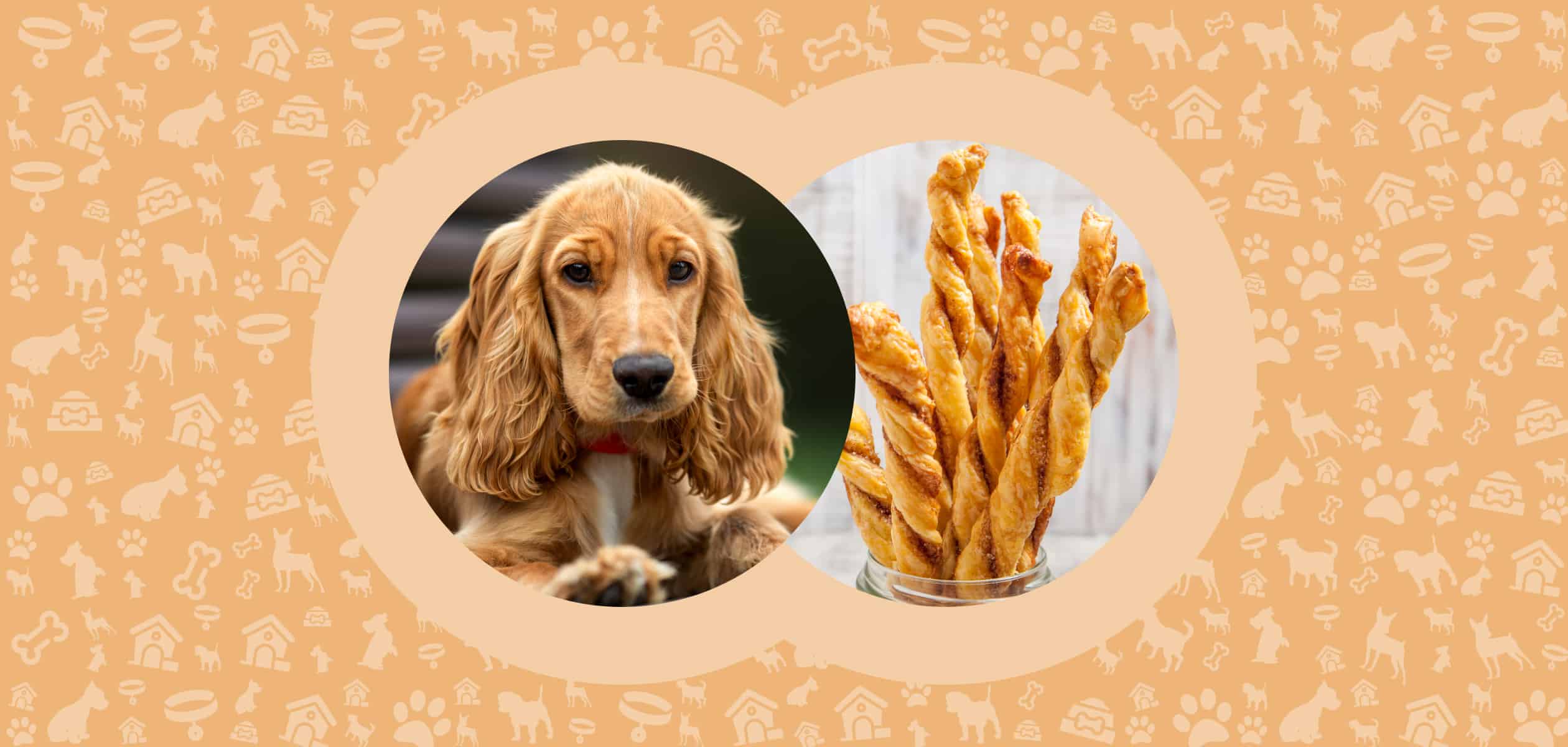
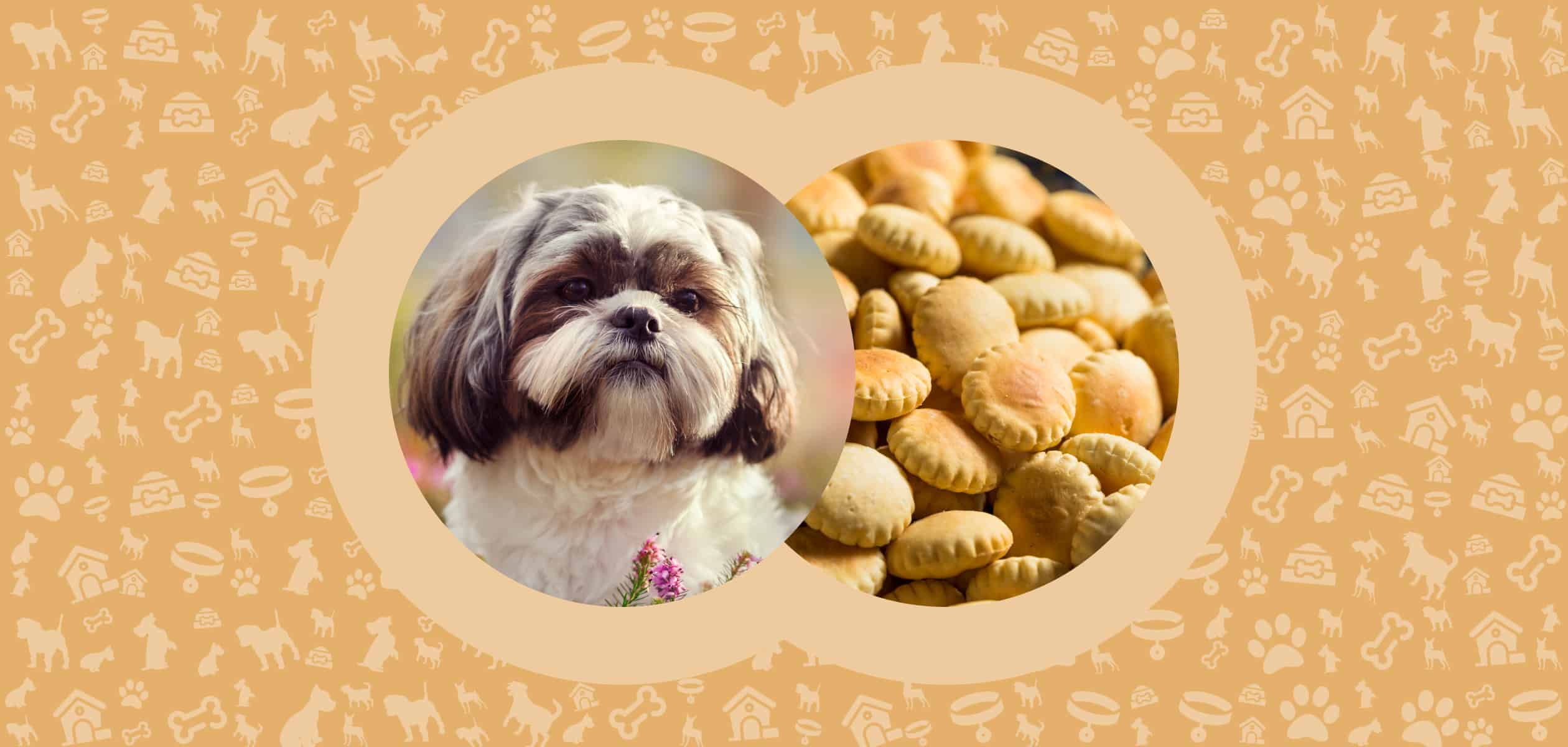

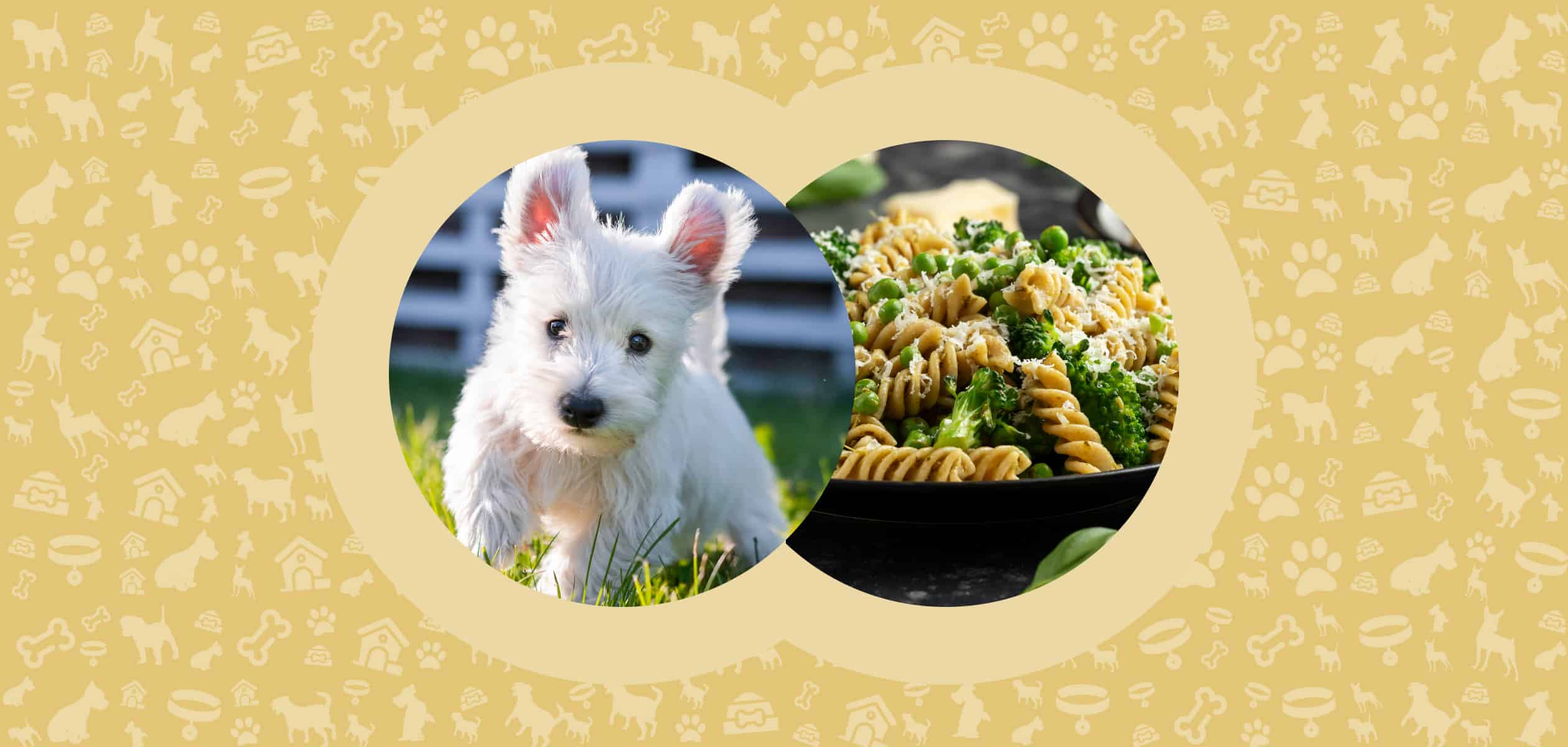
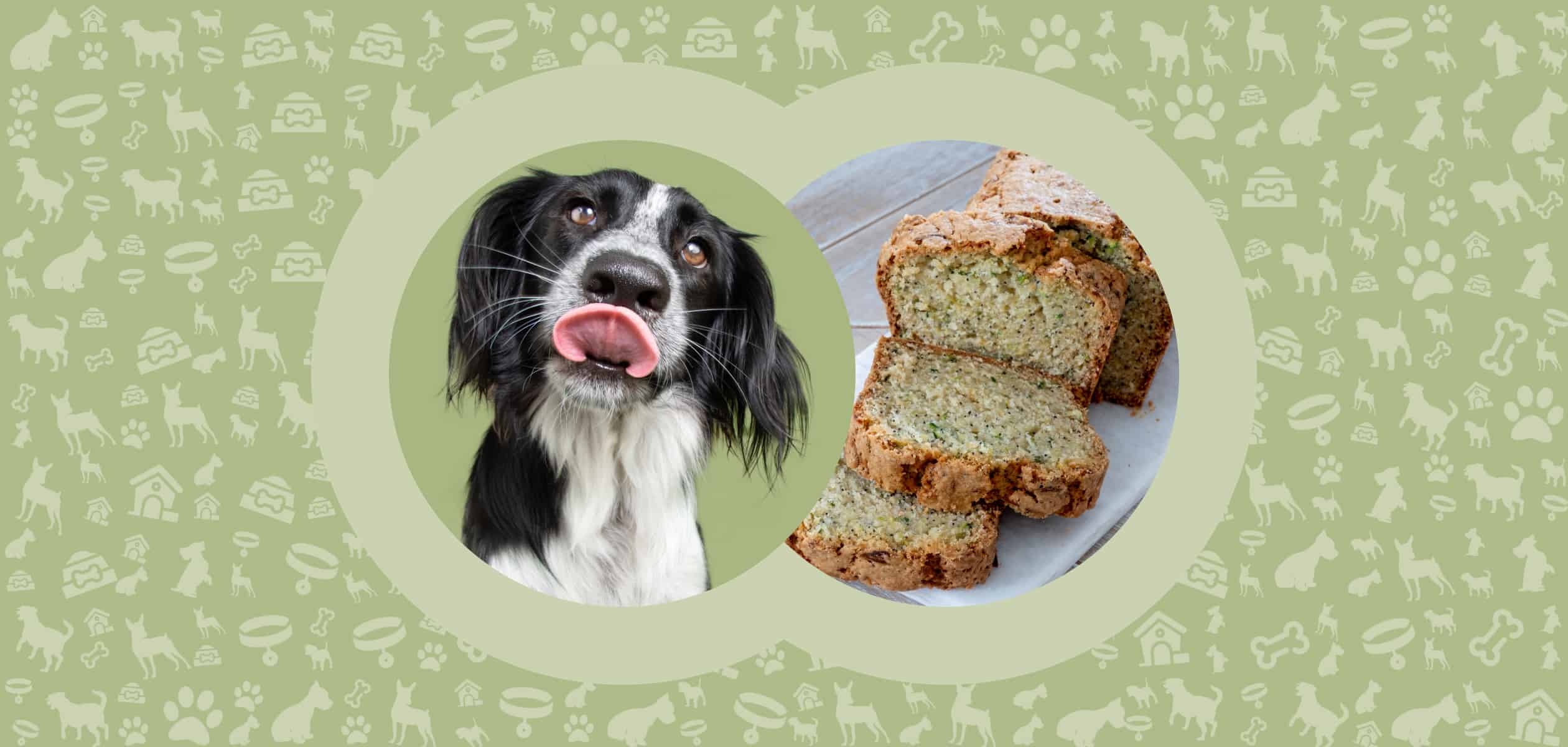
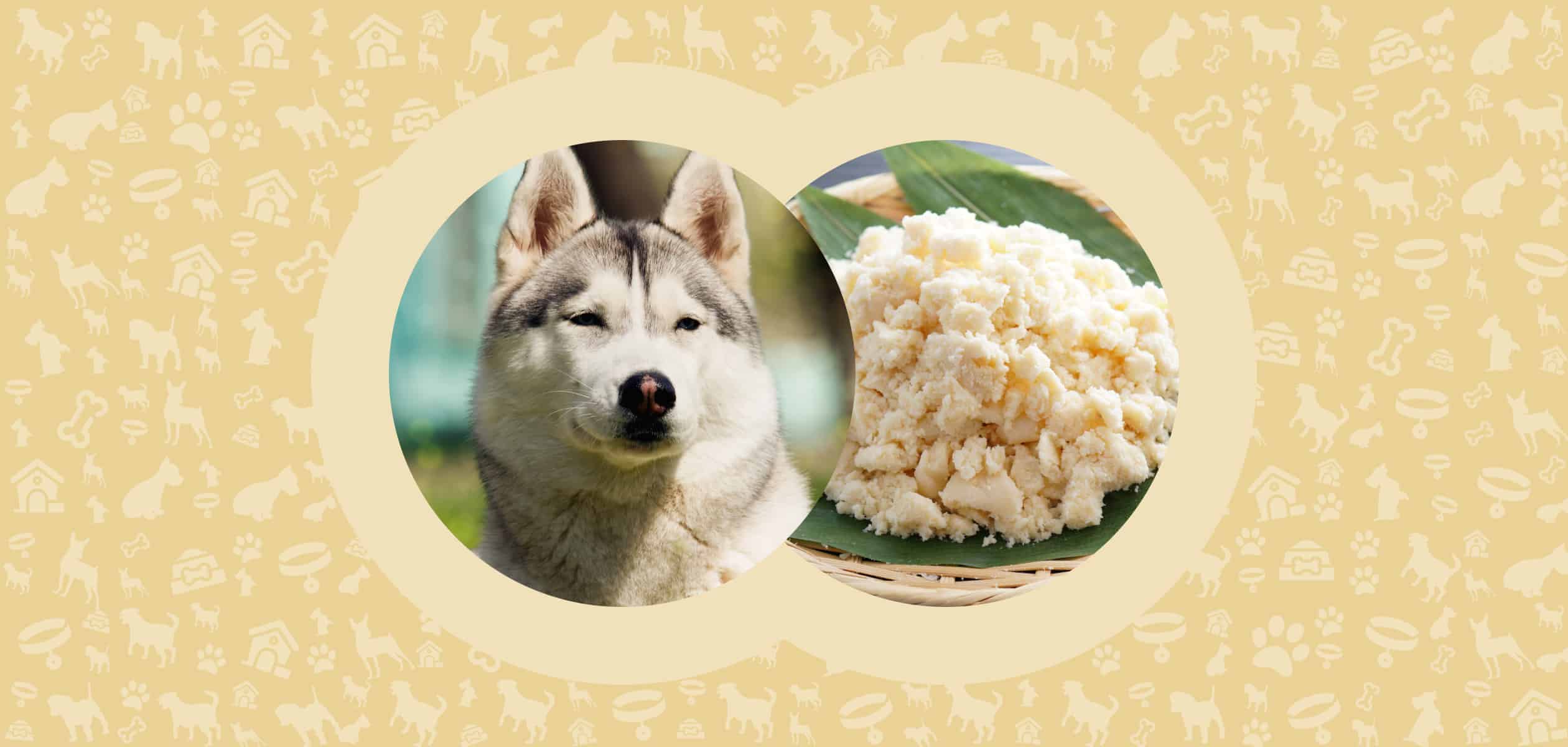
Leave a Comment